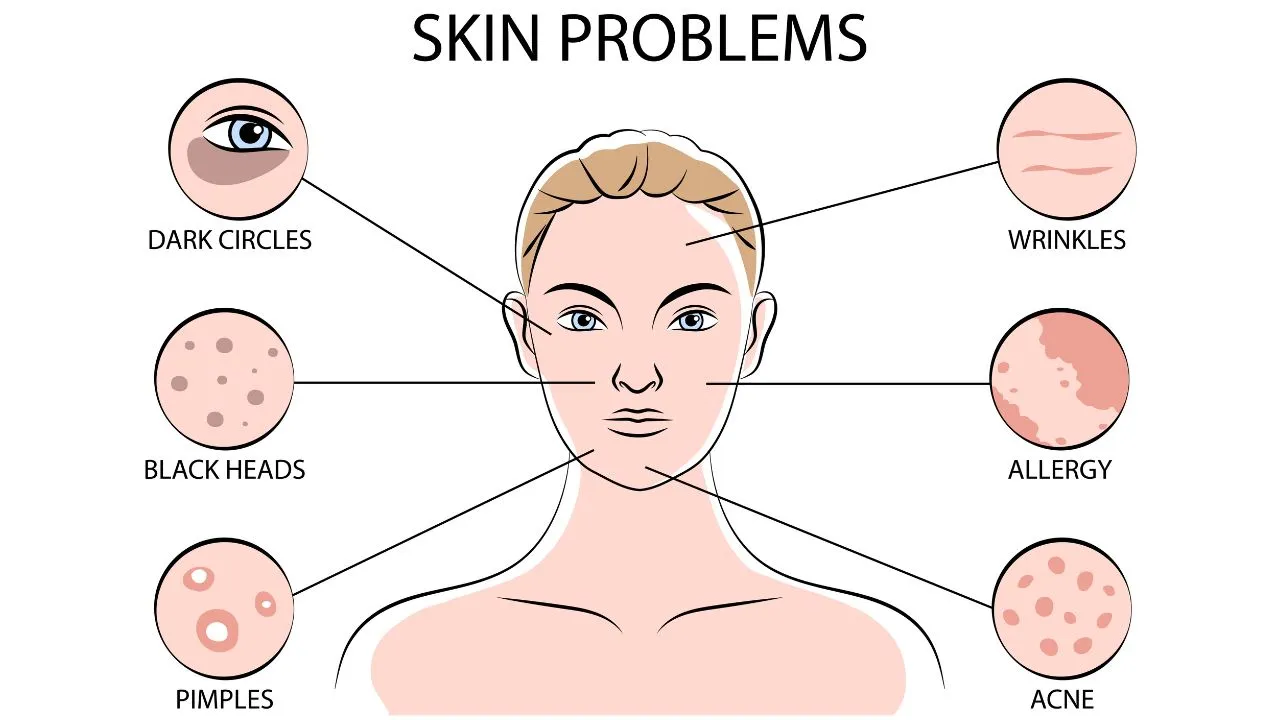Exploring the most recent Breakthroughs in Dermatology: Mohs Techniques for Effective Skin Cancer Cells Therapy
In the evolving landscape of dermatology, Mohs surgical treatment has become a groundbreaking strategy in dealing with skin cancer cells. This method, known for its accuracy and efficiency, has reinvented the domain, offering a beacon of wish for patients with basic and squamous cell carcinomas. As we unbox the ins and outs of this treatment and its side over traditional treatments, one can't assist yet ponder the transformative potential Mohs surgery holds for the future of skin cancer cells therapy.
Comprehending the Fundamentals of Mohs Surgical Procedure
A considerable number of people globally are significantly transforming to Mohs surgery for skin cancer cells therapy. The efficacy of Mohs surgical treatment is amazing, flaunting the highest success rate among therapies for skin cancer, with a reported five-year cure price of up to 99% for brand-new cancers cells.
The Introducing Role of Mohs Surgical Treatment in Dealing With Skin Cancer Cells
In spite of the myriad of skin cancer treatments offered today, Mohs surgery holds a distinct introducing duty. Developed by Dr. Frederic Mohs in the 1930s, this procedure has actually revolutionized the field of dermatology by providing the highest possible remedy price for skin cancer people. Mohs surgical procedure is especially reliable in treating aggressive and recurring cancers cells, making it a recommended option for skin cancers cells located in cosmetically sensitive or functionally important locations.

The Procedure: A Step-by-Step Failure of Mohs Surgery
Undergoing Mohs surgical treatment includes a precise, step-by-step procedure created to get rid of skin cancer cells while maintaining healthy and balanced cells. Each layer is meticulously checked out under a microscopic lense to inspect for cancer cells. Unlike conventional techniques, Mohs surgical treatment allows the specialist to properly determine when the cancer has actually been completely gotten rid of, reducing the demand for added treatment.
Key Benefits of Opting for Mohs Surgery: Efficiency and Precision

Mohs Surgery vs. Conventional Skin Cancer cells Treatments: A Comparative Analysis
The relative analysis between Mohs surgical treatment and typical skin cancer cells therapies demands a complete understanding of both methods. The initial component of the examination will translate the process of Mohs surgical procedure, followed by an expedition of traditional treatments. The final element of the comparison will certainly focus on the effectiveness of each method, offering a clear comparison in between Mohs and traditional treatments.
Comprehending Typical Treatments
Patients battling skin cancer cells often challenge an overwelming array of treatment choices. Standard therapies mostly include medical excision, cryotherapy, radiation, and topical chemotherapy. In surgical excision, click here for info the cancerous tissue is removed together with some bordering healthy and balanced skin. Cryotherapy uses extreme cold to kill cancer cells, while radiation therapy utilizes high-energy rays to ruin them (dermatologist). Topical chemotherapy entails using a lotion or gel straight onto the skin cancer. While these therapies can be reliable, they may also lead to scarring, pain, and in some instances, recurrence of the cancer. Consequently, the choice of therapy requires a cautious equilibrium between eliminating the cancer thoroughly and maintaining as much healthy skin as possible. The next section will certainly discover the Mohs surgery, a method that aims to accomplish this balance.
Deciphering Mohs Surgical Treatment
Significant developments in clinical science have led the way for more nuanced and patient-friendly approaches to skin cancer treatment. One such development is Mohs surgical treatment, a specialized procedure that masters treating particular sorts of skin cancer cells. Unlike typical treatments that Check Out Your URL commonly eliminate additional healthy and balanced skin around the tumor, Mohs surgery is a precise strategy that involves eliminating skin cancer layer by layer while analyzing each layer under a microscopic lense till no cancer cells remain. This not just makes certain full elimination of cancer however also reduces damage to bordering healthy and balanced tissue. Mohs surgical treatment is not ideal for all skin cancers and client problems, hence demanding a cautious examination by skin doctors. The option between Mohs and conventional treatments mainly depends upon the details circumstances of each client.
Efficacy Comparison: Mohs vs. Conventional
While both Mohs surgical procedure and traditional skin cancer treatments have their advantages, a comparative evaluation reveals distinct differences in effectiveness. The Mohs method, entailing the removal of one skin layer at a time, has revealed greater treatment rates for both main and recurrent skin cancers cells. Individual suitability, cancer type, and location considerably affect treatment end results.
Welcoming the Future: The Growing Adoption of Mohs Surgical Treatment in Dermatology
This growing adoption is attributed to the treatment's high cure rates, specifically for basic cell carcinoma and squamous cell carcinoma, the most usual types of skin cancer. Mohs surgical procedure provides the advantage of preserving extra healthy tissue than typical techniques, making it a recommended option for dealing with cancers cells in cosmetically delicate areas. Despite this, the future of dermatology seems to be welcoming Mohs surgical procedure as a vital tool versus skin cancer cells.
Final thought
In summary, the advancements in Mohs surgery strategies have reinvented skin cancer cells treatment in navigate to this website dermatology. The procedure's precision in getting rid of malignant skin layers while conserving healthy and balanced cells has actually confirmed its efficacy, bring about high cure prices and reduced reappearance. Given its supremacy over standard techniques, the fostering of Mohs surgery is anticipated to expand, placing it as the future of reliable skin cancer cells therapy.